Misleading user-generated YouTube videos that promote e-cigarettes and hookahs can make young adults feel more positively about these products, according to new research by the Annenberg Public Policy Center.


Misleading user-generated YouTube videos that promote e-cigarettes and hookahs can make young adults feel more positively about these products, according to new research by the Annenberg Public Policy Center.
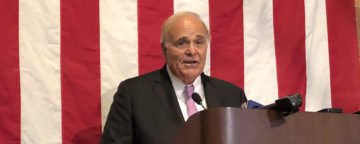
Should the requirement that the president be a "natural born Citizen" be kept in the Constitution? That's the Citizenship Challenge question for Pittsburgh-area 4th and 5th grade students.
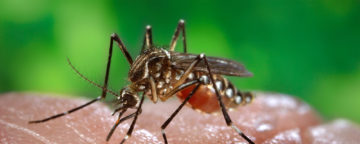
Threatened by the mosquito-borne Zika virus in 2016, Florida residents were much more likely than non-Floridians to report taking protective measures. Even so, fewer than half of Floridians said they actually did so.
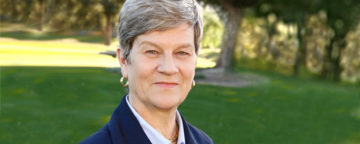
APPC Director Kathleen Hall Jamieson spoke with WHYY's 'Radio Times' about Trump's tweets, saying it was important for the press and public to distinguish what is consequential from what isn't.

For media reporting on the deaths of Kate Spade and Anthony Bourdain, these recommendations for reporting on suicide were developed by mental health, journalism and suicide prevention authorities, including APPC.
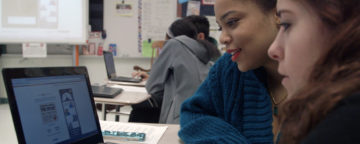
APPC, the home of FactCheck.org and Annenberg Classroom, has partnered with iCivics to create a free, online educational game to teach news literacy and the precepts of journalistic standards to students and adults in an age of "fake news."

Parents are more willing to let their children see intense gun violence in PG-13 movies when the violence appears “justified,” used to defend a loved one or for self-protection, than when it has no socially redeeming purpose, a new study finds.
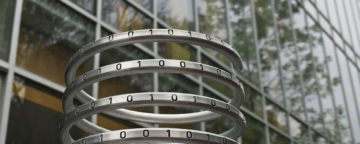
For the fifth consecutive year, FactCheck.org has won the Webby Award for political website from the International Academy of Digital Arts and Sciences, which honors excellence on the internet.
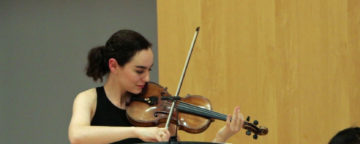
The Leonore Annenberg Funds celebrated the end of a successful 10-year run with a recital featuring violinist Francesca dePasquale, an arts fellowship recipient in 2014, and pianist Reiko Uchida.
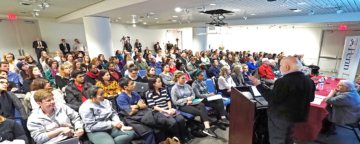
Speaking at Penn's 2018 "Teach-In," APPC research director Dan Romer discussed the connections between the entertainment and news media and gun violence, and the effects on young people.